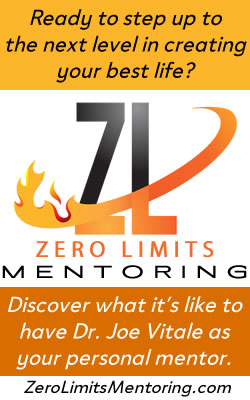Tag: Nietzsche
Three Steps to Paradise
“I was in darkness but I took three steps and found myself in paradise. The first step was a good thought, the second a good word, and the third, a good deed.” -Nietzsche
Imagine you’re in a room with the curtains drawn, shrouded in darkness. The very act of thinking about opening the curtains to let the light in can be likened to having a ‘good thought’. This thought is the initial spark, the first realization that there’s an opportunity for change, for something better.
In daily life, this can be compared to the moment you decide to change a habit, perhaps giving up a detrimental vice or adopting a new positive routine. Let’s say you’ve been feeling sluggish lately due to a lack of exercise. The ‘good thought’ in this case might be the recognition that you need to be more active and the idea of joining a local gym or taking up jogging.
**2. A Good Word**
Returning to the dark room analogy, now that you’ve had the thought of opening the curtains, voicing it out loud makes it more real. Sharing it with someone – “I think I’ll let some light in” – transforms it from a mere thought into a declared intention. This is the ‘good word’.
In the context of our exercise example, this would be the moment you share your fitness plans with a friend or family member, or perhaps when you seek advice on the best running shoes. Expressing our intentions often adds a layer of commitment to them. It’s as if by voicing them, we are halfway to turning them into a reality.
**3. A Good Deed**
Finally, physically drawing back the curtains and flooding the room with light is the culmination, the ‘good deed’. This act transforms the environment, changing it from a place of darkness to one filled with brightness and warmth.
To continue with our fitness analogy, this step is when you actually lace up those running shoes and step out the door for your first jog or when you attend your first gym session. It’s the manifestation of your thought and word into tangible action, bringing about a real and positive change in your life.
Nietzsche’s quote beautifully illustrates the progression from introspection to action. Starting with the inception of a positive idea, progressing to the commitment through verbalization, and culminating in a tangible act that ushers in change. His metaphorical journey from ‘darkness’ to ‘paradise’ can be applied to numerous aspects of our lives.



